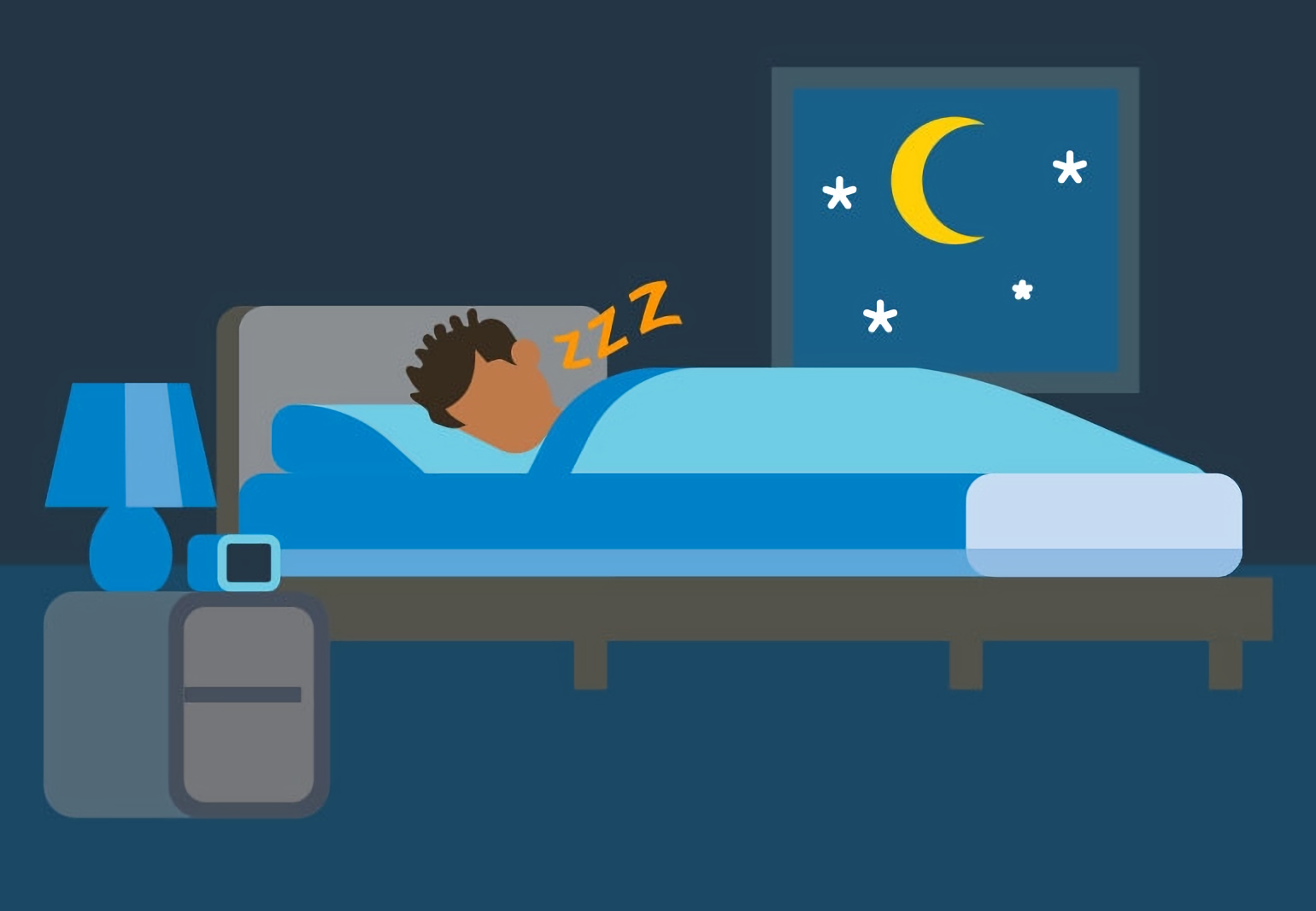How long do you sleep for each night? As high school students we are balancing responsibilities like school, jobs, sports, and a myriad of others. Many high schoolers get anywhere from 6 hours of sleep to as little as 4 hours, or even pull all-nighters regularly. However, we should really be getting 8-9 hours of sleep according to the American Academy of Sleep Medicine. Studies show that 70% of high schoolers sleep less than the recommended amount. It is known that this is unhealthy, but why is it such a big deal?
First off, what exactly happens when you are asleep? Well, sleep consists of four stages that alternate throughout the sleep cycle. The first three are the non-rapid eye movement stages (NREM) stages. During NREM the brain slips into a restful state and each of the three NREM stages perform a specific function. The first NREM stage is the transition stage into sleep. In this stage the body starts to relax, and your breathing and eye movement slows. The first stage lasts only 5-10 minutes. In the second NREM stage body temperature drops, and heart rate slows. This stage lasts about 20 minutes. During the third stage your muscles relax, and blood circulation and breathing rates drop and even out. This stage is the deep sleep stage, in which your body repairs itself. The fourth stage is Rapid eye movement (REM) sleep. REM sleep is the stage in which the brain's activity closely resembles the activity when you are awake. It is the brain's “dream stage.” The brain becomes more active, the body is in a relaxed-paralyzed state, breathing and eye movement also become more irregular. In a healthy night of sleep you are supposed to go through 4-6 of these cycles.
Sleep is your body’s recovery time. It has been found that during sleep the body repairs its tissues and muscle, enables muscle growth, produces proteins, and releases various growth hormones. Sleeping also helps with cognitive function. Specifically, sleeping clears out adenosine, which accumulates during the day in our system. Adenosine is what makes you feel sleepy, and by clearing it out through proper sleep you can feel more alert and rejuvenated.
Being fully rested also helps your heart rate, blood pressure, and other heart related functions maintain normal levels. Research from the Centers for Disease Control and Prevention has shown that those who do not get adequate sleep are at a higher risk to develop high blood pressure, which may elevate the possibility of developing heart disease.
It has even been found that an inadequate amount of sleep for students correlates with a decrease in academic performance. A lack of sleep can cause difficulty with concentration and attention. Insufficient sleep can also lead to the worsening of mental health problems such as depression and anxiety, which are factors that can harm not only your success in school, but also your day-to-day life.
People who do get healthy amounts of sleep tend to have stronger immune systems, better moods, increased productivity, heightened athletic performance, stronger memory, and many more attributes of well-being.
To avoid the side effects of inadequate sleep the solution is simple: aim to get at least 8 hours of sleep each night! People, especially youth, truly underestimate the importance and impact that proper sleep can have on life.
Here are some takeaway tips to get a restful night of sleep and avoid the side effects of a lack of sleep, and reap the benefits of proper sleep:
Establish a routine time to wake up and go to sleep every day.
Avoid blue light from screens (phones, computers, devices, etc.) at least 30 minutes before bed.
Avoid things like big meals or caffeine before bed.
Try to avoid taking naps, especially in the afternoon.
